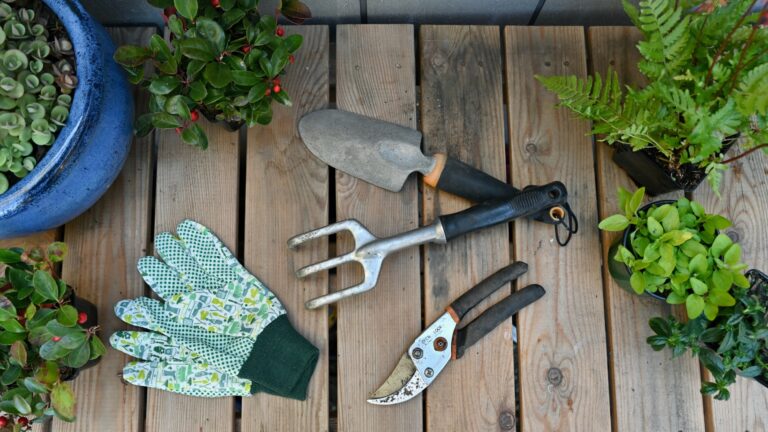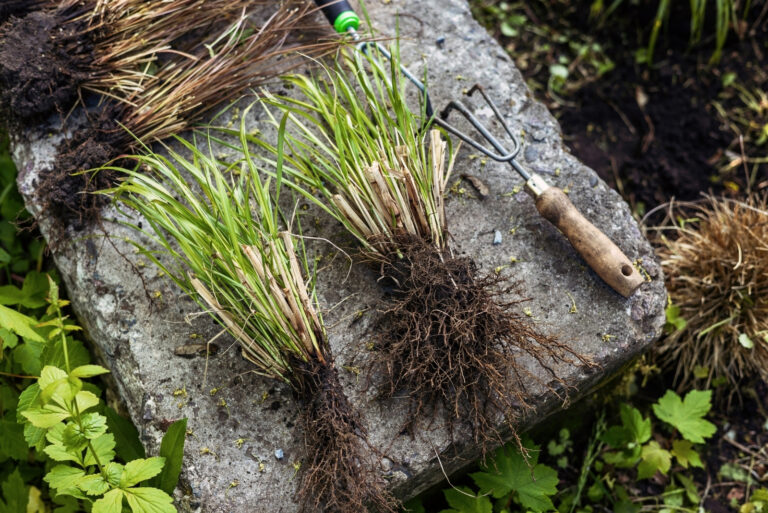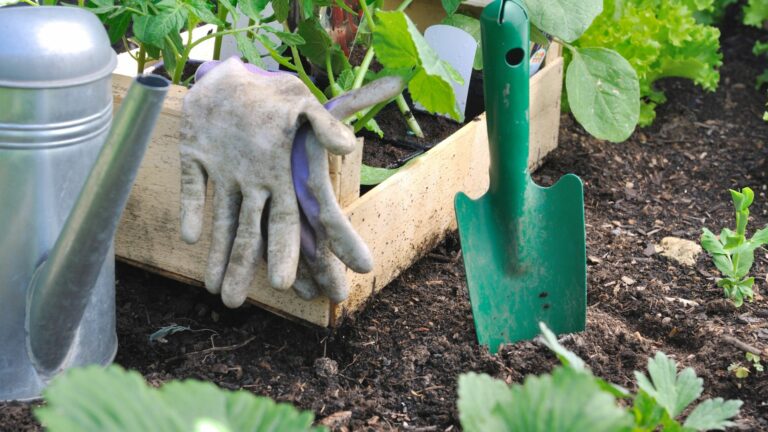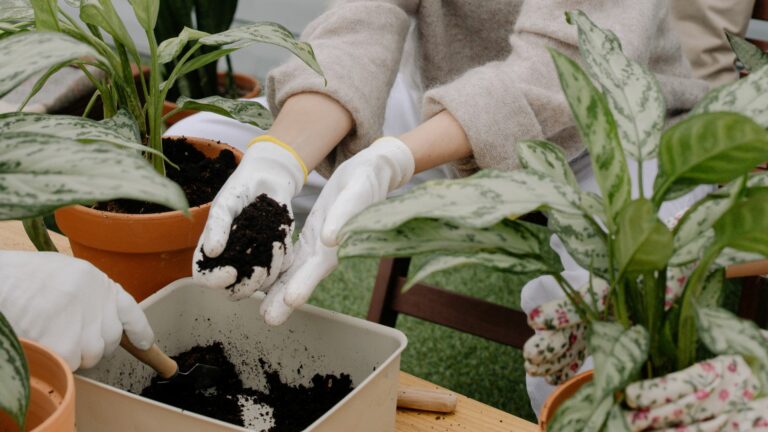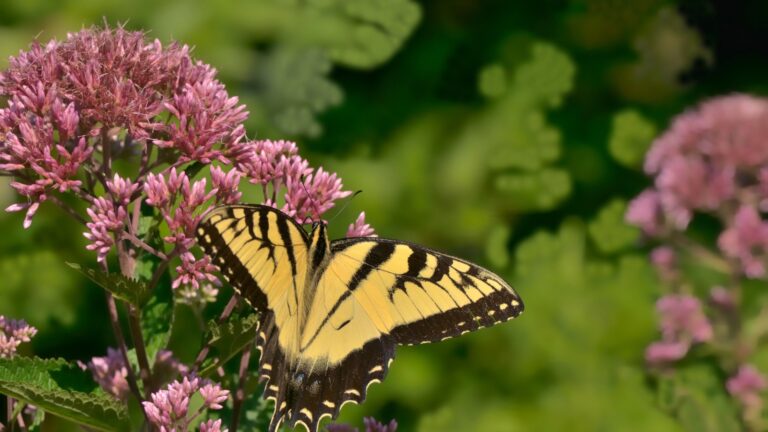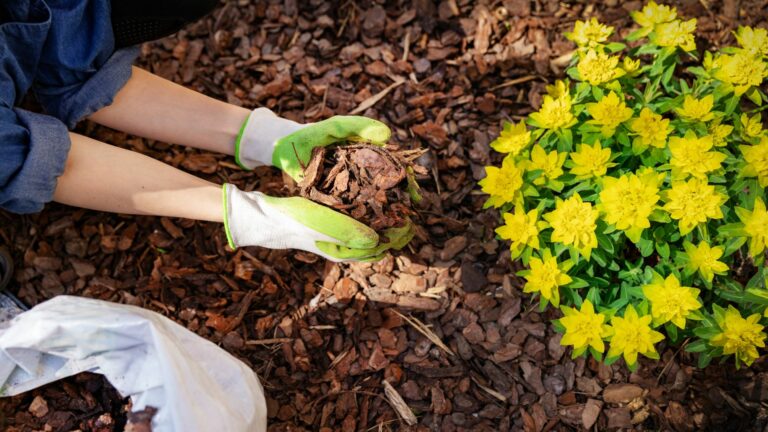9 Easy Tricks To Keep Your Massachusetts Garden Thriving While On Vacation
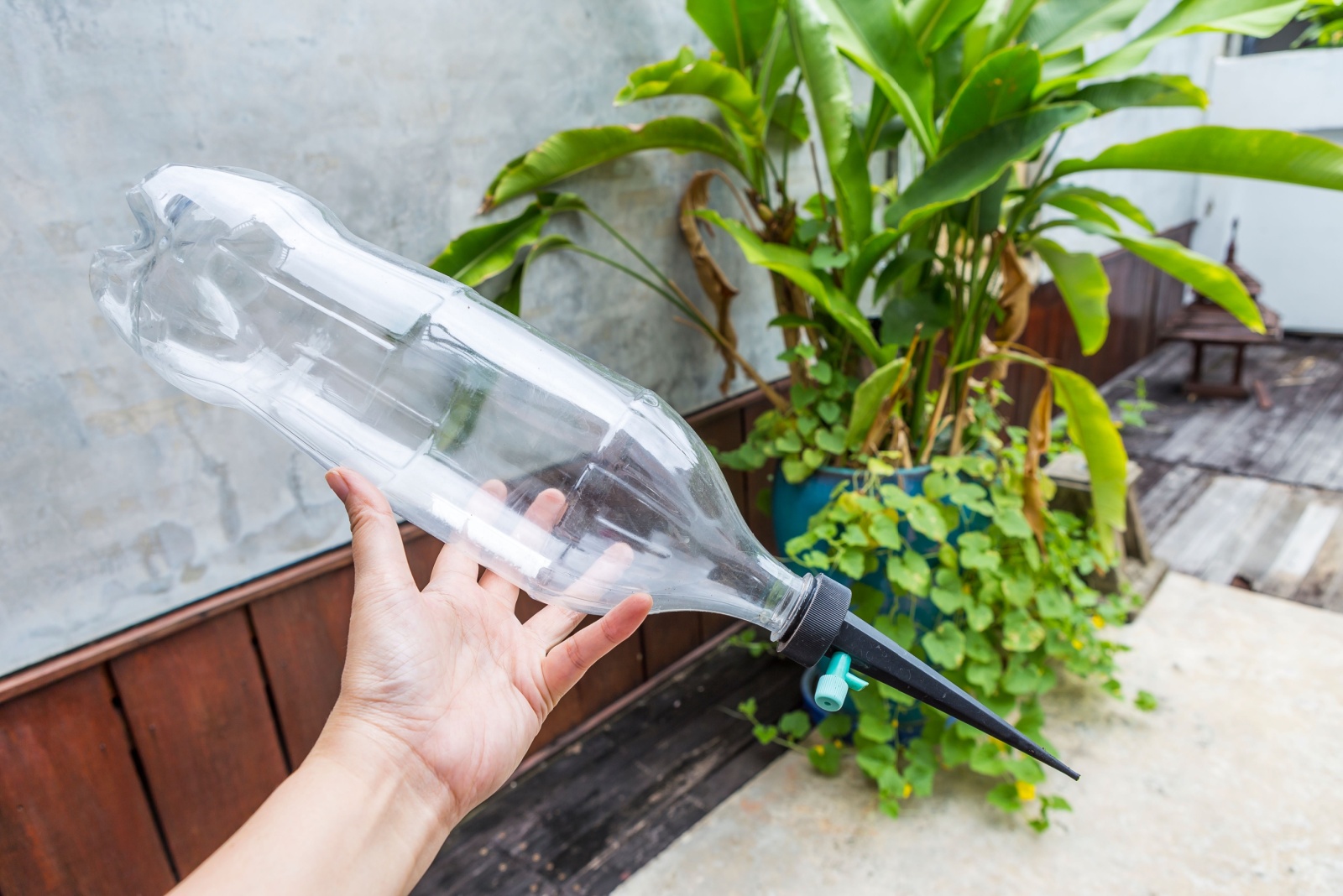
Planning a summer getaway but worried about your Massachusetts garden? Many Bay State gardeners face this dilemma when balancing vacation plans with the needs of their carefully tended plants.
The good news is that with some simple preparation, you can enjoy your time away without returning to wilted tomatoes or crispy perennials.
1. Set Up A Self-Watering System With Recycled Bottles
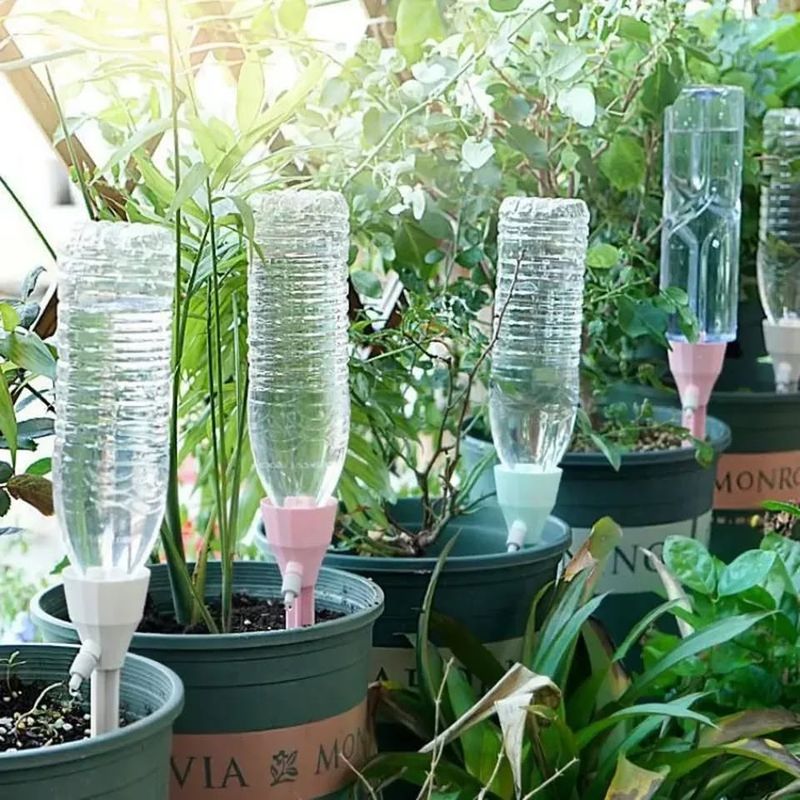
Those empty soda bottles can become garden lifesavers! Poke tiny holes in the caps, fill with water, and push them cap-first into the soil near your thirsty plants. The water slowly seeps out, giving your Massachusetts vegetables steady moisture.
Our state’s summer humidity helps this method work beautifully. I’ve used this trick with my tomato plants during Cape Cod trips, and they’ve never looked better upon my return.
For leafy greens and herbs, use smaller bottles to prevent overwatering. The slow-release system mimics natural rainfall patterns, keeping your plants happy without turning soil soggy.
2. Group Container Plants In Shallow Kiddie Pools
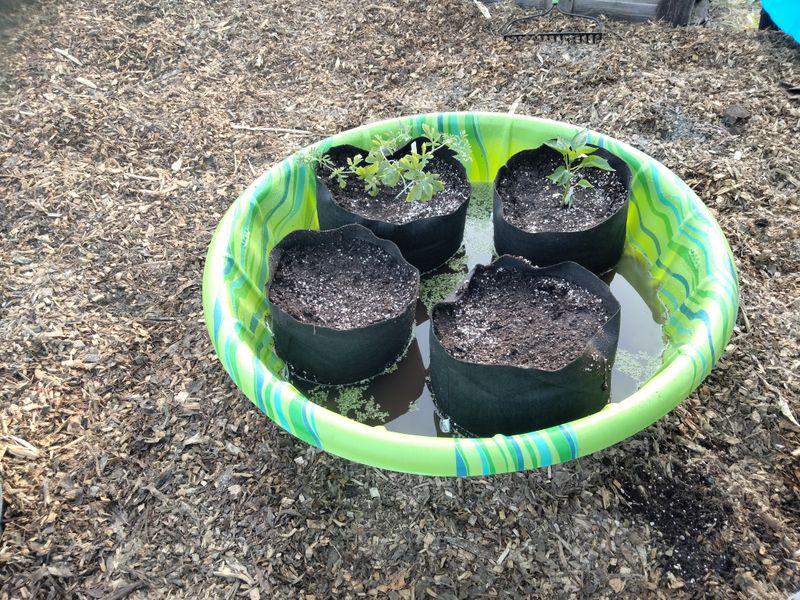
Round up your potted plants and place them in a shallow kiddie pool filled with an inch of water. This creates a microclimate that helps them survive Massachusetts’ unpredictable summer weather while you’re gone.
My neighbor in Worcester saved her container garden during last August’s heat wave with this method. The pooled water slowly evaporates, increasing humidity around the plants while providing constant moisture.
Shade-loving plants like ferns and hostas particularly thrive with this approach. Just make sure to place the pool in a spot that gets morning sun but afternoon shade to prevent cooking your plants.
3. Apply Mulch Deeply Before Departure
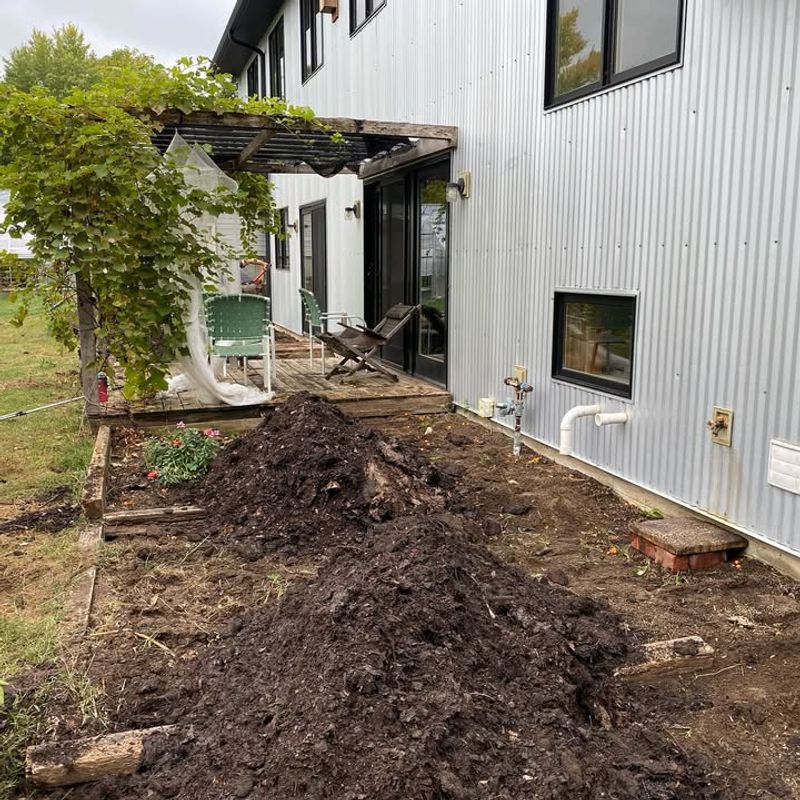
A thick layer of mulch works wonders for vacation-proofing gardens in our sometimes-fickle New England climate. Spread 3-4 inches around plants to lock in moisture and keep weeds at bay while you’re exploring elsewhere.
Pine needles make excellent mulch for acid-loving plants like blueberries and rhododendrons that grow so well in Massachusetts. For vegetable gardens, straw or shredded leaves prevent soil splash-back during summer thunderstorms.
Mulching before leaving also helps regulate soil temperature, preventing the wild swings common in our region. Your plants will thank you by continuing their growth without missing a beat during your absence.
4. Enlist A Garden Buddy With A Reward System
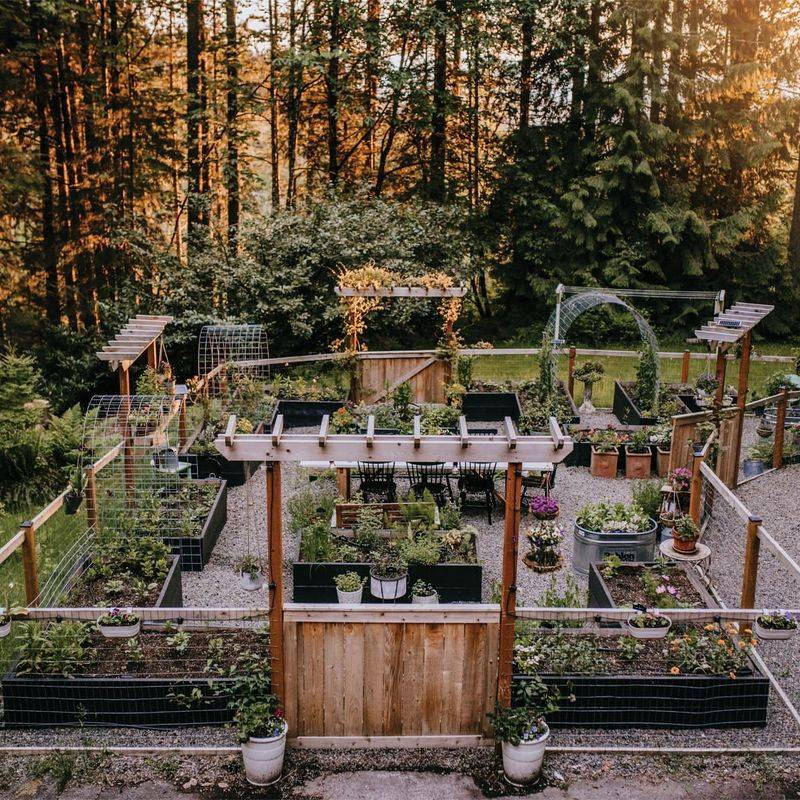
Bartering works beautifully for garden care! Find a neighbor or friend to check on your plants and offer them harvesting rights to ripe produce while you’re away. Many gardeners in the Berkshires use this community approach.
Create a simple one-page instruction sheet with watering needs for different areas. Mark which vegetables or flowers they should harvest as payment – like those fast-growing summer squash or dahlias that need regular cutting.
Leave garden tools in an accessible spot and maybe a little thank-you gift. I’ve maintained a garden-sitting exchange with my Amherst neighbor for years – we haven’t lost a plant during vacations since!
5. Harvest Everything Ripe (Even If Slightly Early)
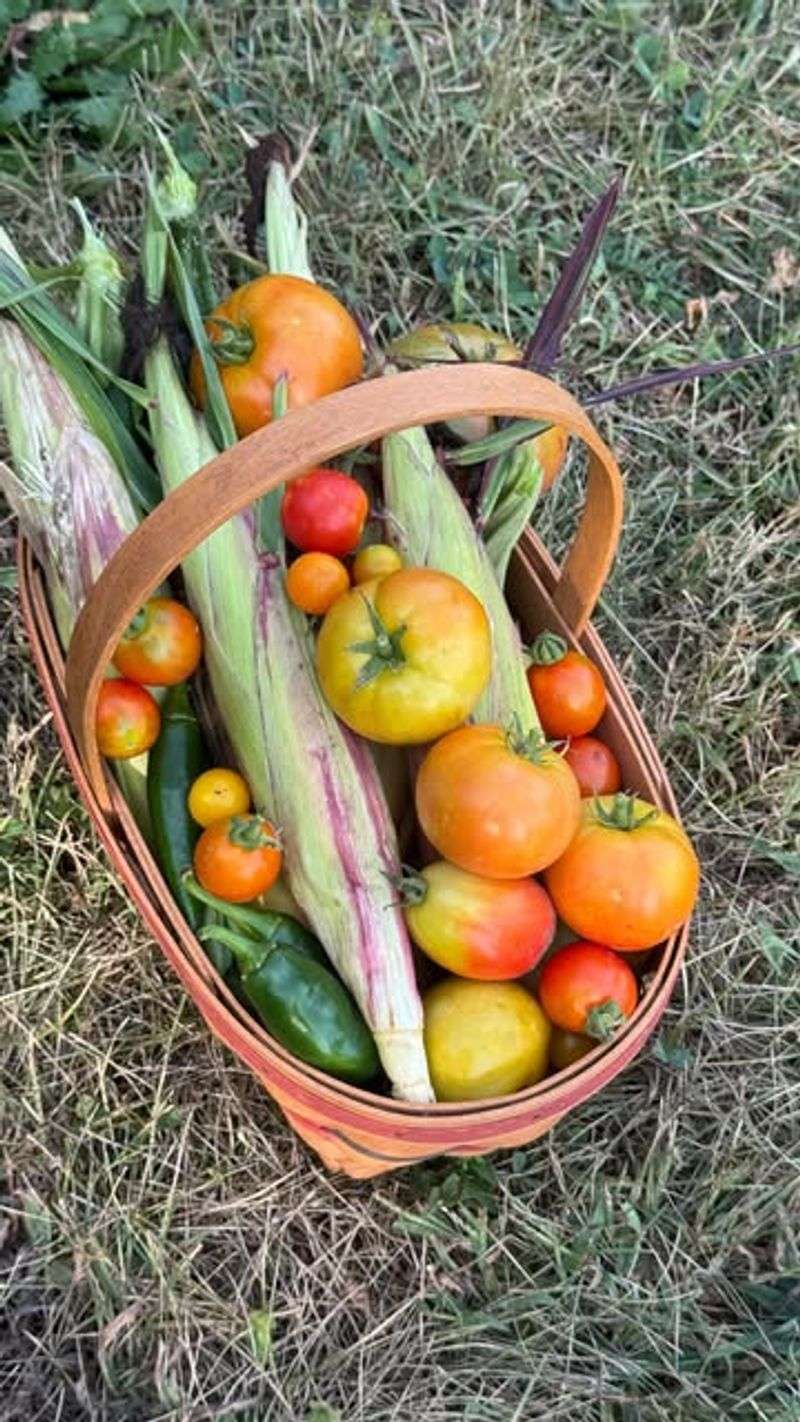
Massachusetts gardens hit peak production in July and August – exactly when many of us vacation! Don’t let that bounty go to waste. Before leaving, pick everything that’s close to ripening, even if it’s slightly early.
Tomatoes picked at the first blush of color will continue ripening on your counter. Zucchini and cucumbers are better harvested small anyway. For flowers, cut blooms that are just opening to enjoy before you leave.
Harvesting thoroughly also prevents overripe fruits from attracting pests or diseases that could spread while you’re away. Your plants will redirect energy to developing new fruits rather than supporting overripe ones.
6. Install Drip Irrigation With A Timer
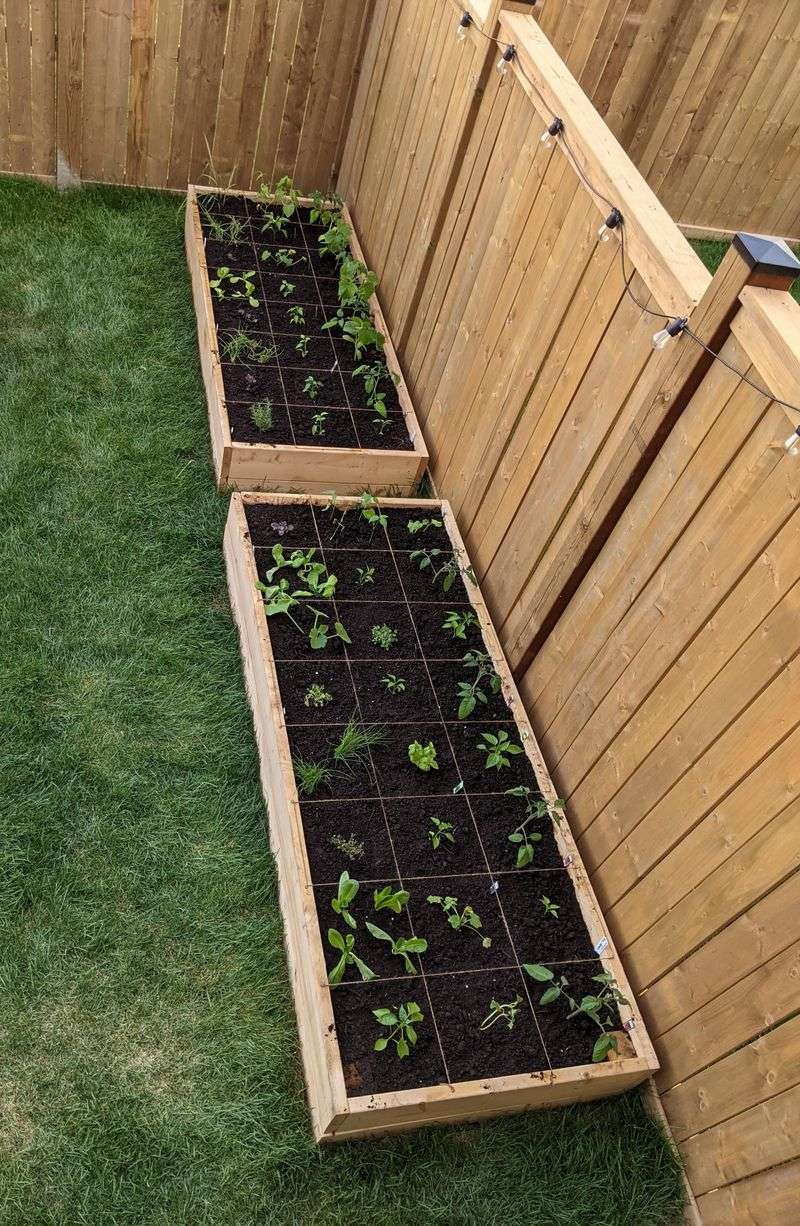
Investing in a simple drip system with a timer transforms vacation garden care in our sometimes drought-prone state. Water goes directly to plant roots, minimizing waste and ensuring consistent moisture levels during unpredictable Massachusetts summers.
Battery-powered timers work even during those notorious New England power outages. I installed mine after returning to crispy peppers last summer and now wonder how I gardened without it!
Focus drip lines on thirsty plants like cucumbers and eggplants. Established native perennials like coneflowers and black-eyed Susans can manage with less frequent watering, so you can customize zones based on plant needs.
7. Create Temporary Shade For Delicate Plants
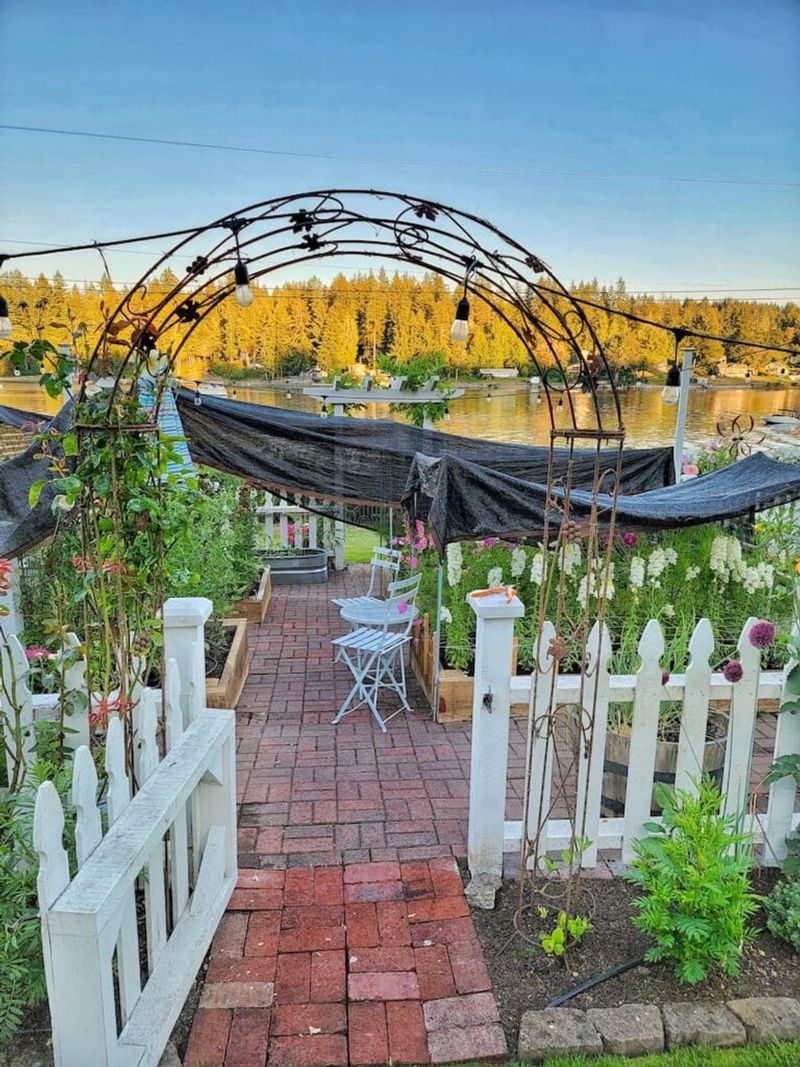
Summer sun in Massachusetts can be surprisingly intense, especially for tender greens and newly planted perennials. Constructing temporary shade before departure can prevent scorching during your absence.
Garden shade cloth draped over simple PVC hoops offers perfect protection. For container plants, moving them to the east side of the house provides morning sun but shields them from harsh afternoon rays.
Last August, I saved my lettuce crop during a heatwave while away in the Berkshires by using old window screens propped at an angle. The dappled light kept temperatures down while still allowing enough sunshine for healthy growth.
8. Remove Weeds And Deadhead Before Leaving
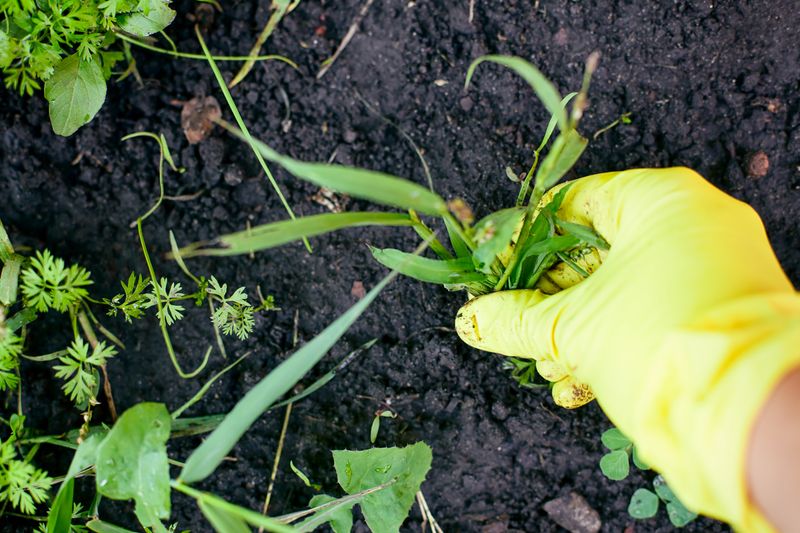
Spending an hour on garden cleanup before vacation pays dividends. Weeds compete for precious water resources, so removing them helps your cultivated plants access moisture during your absence from your Massachusetts plot.
Deadheading spent blooms from black-eyed Susans, coneflowers, and other summer perennials encourages new flower production. Your garden will greet you with fresh blooms rather than gone-to-seed stalks when you return.
Focus on removing fast-spreading weeds like purslane and crabgrass that thrive in our New England summer conditions. Their rapid growth can overtake garden beds in just a week of neglect!
9. Apply Organic Pest Deterrents Preventatively
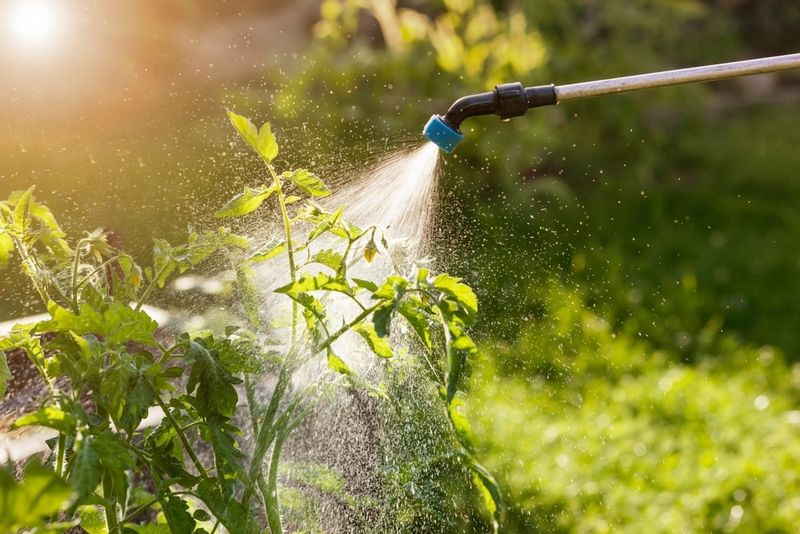
Massachusetts gardens face unique pest pressures from Japanese beetles to cabbage moths. Apply organic deterrents before leaving to protect plants while you’re away.
Diatomaceous earth sprinkled around squash plants deters cucumber beetles. Neem oil spray on tomatoes and eggplants helps prevent hornworms and aphids from taking hold during your absence.
For a broader approach, I’ve had success using garlic-pepper spray on my Boston community garden plot. The strong smell confuses pests but dissipates before your return, leaving your harvest flavor intact and your plants protected throughout your vacation.

